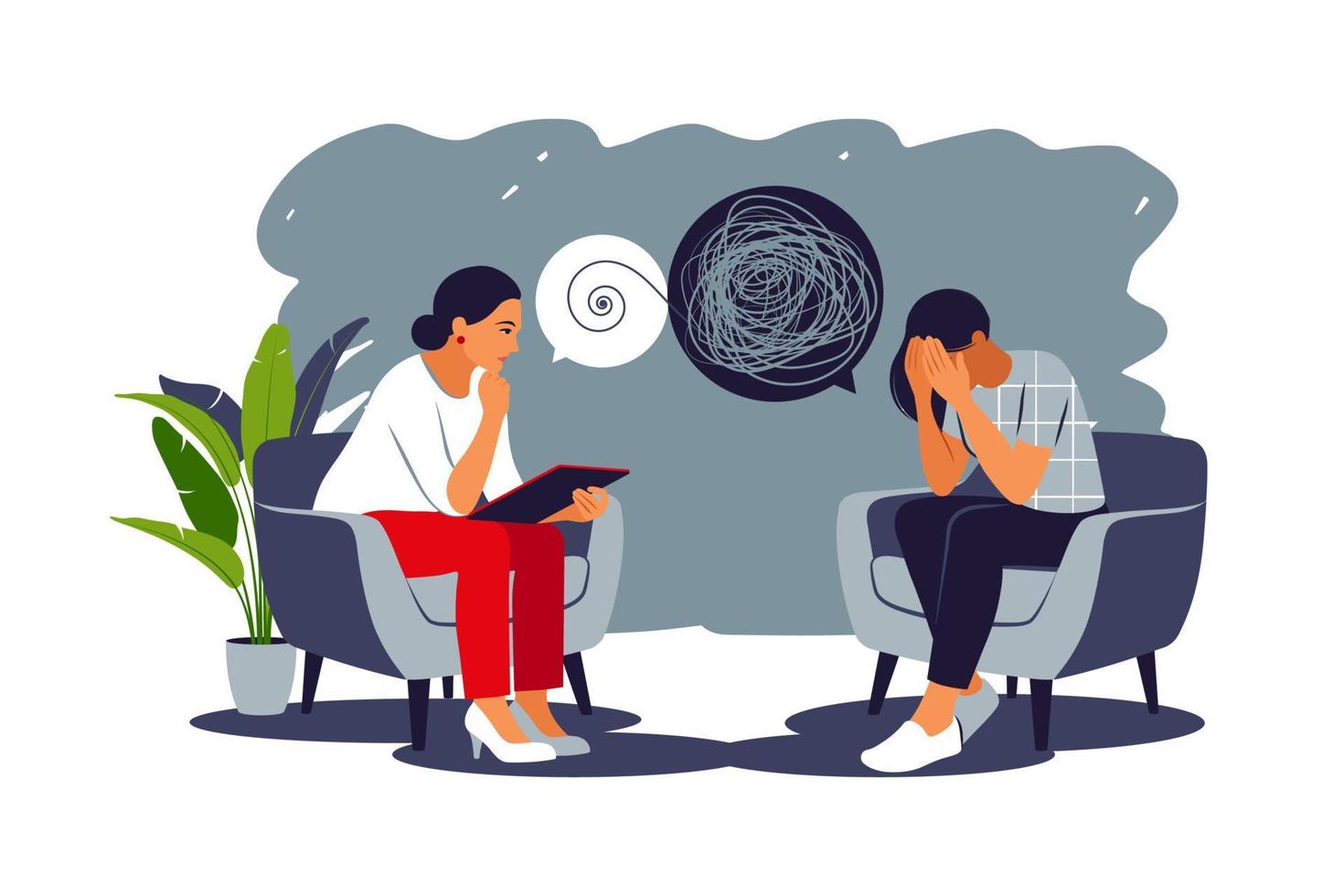Discussions about mental health are no longer a taboo subject matter and now are focal points in conversations about overall wellbeing. However, for many people, therapy feels like the final option; something you turn to only when life becomes unmanageable. Whether you’re navigating a personal crisis or simply striving for a deeper understanding of yourself, therapy offers a supportive and confidential space to explore your thoughts and emotions.
Why may people go to therapy?
Here are just a few reasons:
-
Feeling overwhelmed or anxious
-
Going through a breakup, loss, or big life change
-
Struggling with low self-esteem or self-doubt
-
Managing depression or mood swings
-
Wanting to improve relationships
What is Psychotherapy and Counselling?
Psychotherapy and counselling are forms of talking therapies, which are conducted by trained professionals. While the terms are often used interchangeably, counselling usually refers to short-term, issue-focused sessions, whereas psychotherapy tends to be more in-depth and long-term, dealing with chronic psychological issues and patterns of behaviours.

The benefits of talking therapies:
Emotional Support without any judgement
One of the most immediate benefits of therapy is having a safe space to speak freely. In a world where people often feel judged or misunderstood, the therapeutic environment offers non-judgmental support and empathy. This in itself can be very relieving and often is the first initial step towards healing.
Improved Self-Awareness and Insight
Therapy encourages introspection. By exploring your thoughts, behaviours, and emotions with a professional, you gain a clearer understanding of who you. You may better understand why you act the way you do. This self-awareness is empowering and can help you make better choices and develop healthier habits.
Better Coping Skills
Whether it’s anxiety, depression, grief, trauma, or stress – therapy helps you develop personalized strategies to cope with life’s challenges. These coping mechanisms can be transformative. They not only improve your just mental health, but also your physical wellbeing, relationships, and overall life satisfaction.
Enhanced Relationships
Understanding yourself more deeply often leads to better interactions with others. Therapy can help you identify and break patterns in communication, set healthy boundaries, and cultivate empathy. All of which are essential for developing and maintaining strong personal and professional relationships.
Breaking Negative Thought Patterns
Cognitive-behavioral therapy (CBT), among other approaches, focuses on identifying and challenging unhelpful thoughts. Over time, therapy can help address and change these patterns, reducing self-criticism and building a more constructive inner dialogue.
Support During Major Life Changes
Life transition (such as divorce, job loss, relocation, or becoming a parent) can be overwhelming. Therapy provides guidance and support during these periods, helping you adapt and process your experiences in a healthy way.
Long-Term Mental Health Benefits
Research consistently shows that therapy can lead to lasting changes in brain function and overall mental health. It doesn’t just address current issues; it aids you with tools and insights that can serve you for a lifetime.

Useful websites
NHS- the benefits of talking therapies



